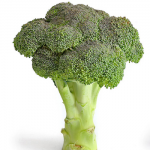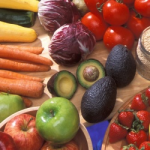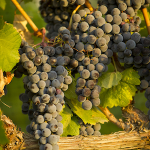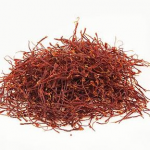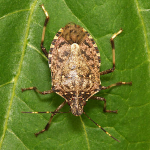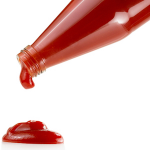Given the ridiculous headline "Broccoli Is Dying. Corn Is Toxic. Long Live Microbiomes!," the article, written by a retired English teacher, makes one outrageous, unscientific claim after another. Let's dissect them one by one.
food science
Certain foods, due to their effect on blood sugar levels, precipitate the release of molecules which are associated with inflammation. Excessive consumption of refined carbohydrates, french fries or soda isn't going to trigger that response. While those who eat this way may have significant negative health issues, it won't be due to so-called “inflammatory” foods. To suggest so is junk-science and a lack of common sense.
It's a new era for winemaking. Long the domain of craftsmen and connoisseurs, scientists worldwide are utilizing new technologies and combining forces to create better vino. In fact, Washington State University has an entire program dedicated to the science of wine.
New research suggests that saffron – a spice used in some Asian, Indian and Mediterranean dishes – may have an intrinsic ability to fight cancer. But don't get too excited. Research on antioxidants suggests the same thing, but they fail in clinical trials.
Brown marmorated stink bugs are fond of fruit such as grapes. During winemaking, the critters become stressed (being squashed tends to do that), and the stink bugs live up to their name by producing a compound.
The guidelines were born of good intentions; created to make Americans healthier. However, they were not inscribed on stone tablets and handed to mankind. Instead, the guidelines are the result of a bureaucratic process and, as such, are susceptible to dubious conclusions and adverse influence by activist groups.
The prestigious school is growing its list of misguided "experts" while thoroughly undermining its great reputation. Columbia's latest hire is former New York Times food writer Mark Bittman, who calls biotechnology "overrated" while endorsing the mandatory labeling of GMOs, a policy rejected by every major mainstream medical and scientific organization in America.
It's nearly impossible to get every last drop of liquid foods out of their containers. Ketchup and syrup are among the worst offenders. Up to 15 percent can be wasted due to such inefficient packaging. But a team of engineers, mostly from Colorado State University, has devised a solution to the world's sticky container problem using a super-hydrophobic material.
Plastic food wraps are pretty much ubiquitous in today's markets. But they have drawbacks — they aren't biodegradable, and don't keep foods as fresh as they might. Scientist from the USDA have come up with a new type of wrap — it's biodegradable, keeps foods fresher, and it's edible to boot.
Assuming that the company Ava is able to successfully replicate wine by simply combining chemicals in a laboratory, a big question still remains: Would people actually buy it? ACSH President Hank Campbell and Senior Fellow of Biomedical Science Dr. Alex Berezow debate the issue.
